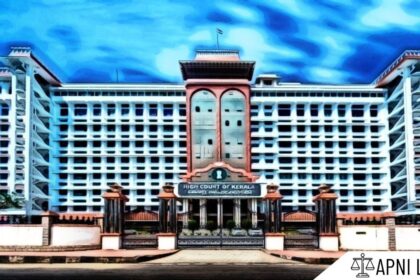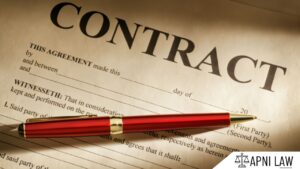Code
(1) Where an order is made under section 133 for the purpose of preventing obstruction, nuisance or danger to the public in the use of any way, river, channel or place, the Magistrate shall, on the appearance before him of the person against whom the order was made, question him as to whether he denies the existence of any public right in respect of the way, river, channel or place, and if he does so, the Magistrate shall, before proceeding under section 138, inquire into the matter.
(2) If in such inquiry the Magistrate finds that there is any reliable evidence in support of such denial, he shall stay the proceedings until the matter of the existence of such right has been decided by a competent Court; and, if he finds that there is no such evidence, he shall proceed as laid down in section 138.
(3) A person who has, on being questioned by the Magistrate under sub-section (1), failed to deny the existence of a public right of the nature therein referred to, or who, having made such denial, has failed to adduce reliable evidence in support thereof, shall not in the subsequent proceedings be permitted to make any such denial.
Explain it
This section outlines the process for dealing with situations where a person claims a right to obstruct or interfere with a public right, such as a right of way or a right to use a public place.
The procedure allows a Magistrate to investigate the claim and, if necessary, issue an order declaring the existence of the public right. This is done to prevent the wrongful deprivation of public rights.
Illustrate it
Let’s consider an example: A person builds a fence across a public path, claiming ownership of the land. People in the area need this path to reach their homes and for other purposes. This obstructs a public right of way. Under Section 137, the concerned people can approach a Magistrate to investigate the matter and declare the existence of the public right of way. The Magistrate can order the removal of the fence to restore the public right.
Common Questions and Answers
Q: What are some examples of public rights covered under this section?
A: Public rights include rights of way, access to water sources, access to public places, and the right to use public property for its intended purpose.
Q: Who can file a complaint under Section 137?
A: Any person who feels their public right has been obstructed can file a complaint.
Q: What are the consequences of violating a Magistrate’s order under this section?
A: Disobeying a Magistrate’s order under Section 137 can result in criminal charges.











